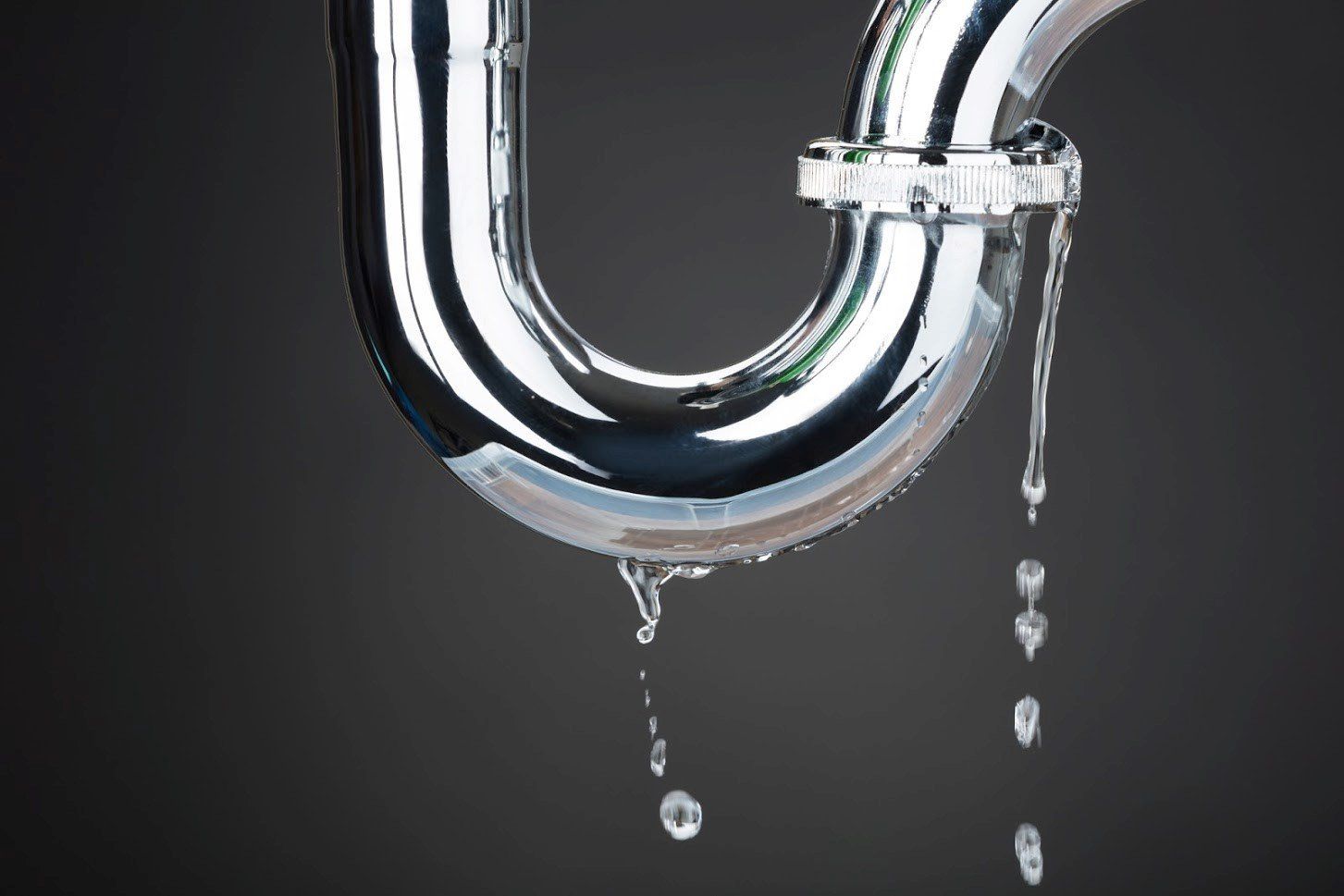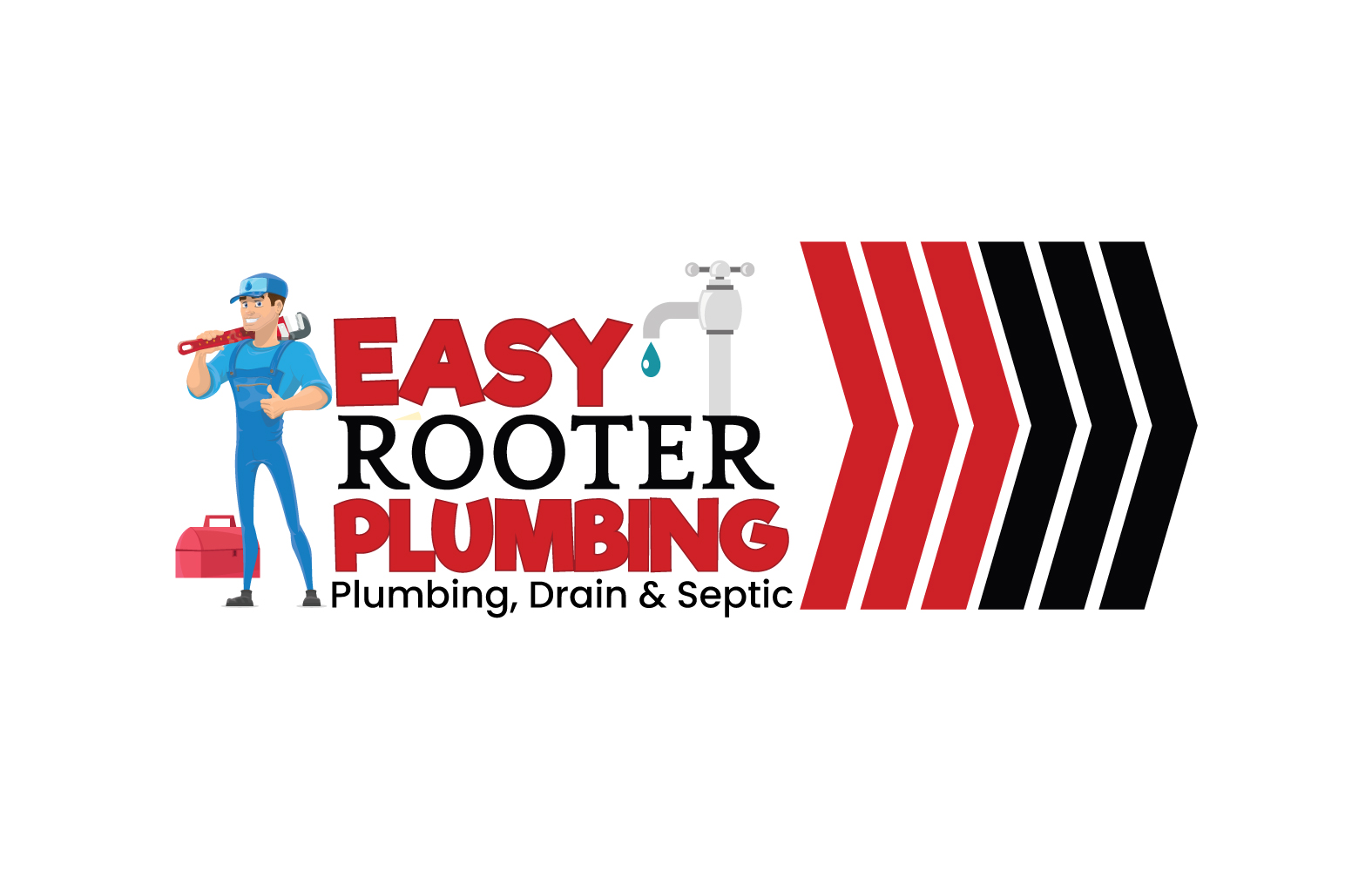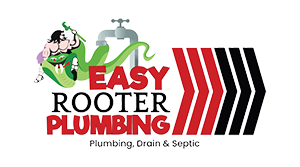COMMON CAUSES OF LEAKY PIPES: SIGNS, PREVENTION, AND FIXES

Discover a few of the most common causes of residential pipe and plumbing damage, the ways to determine if your pipes are damaged, and the ways to prevent and fix these common plumbing issues.
Corrosion
Any pipes made from metal, including copper, galvanized steel, brass, or cast iron, are vulnerable to corrosion. Corrosion occurs when components inside the water, including acids and oxygen, react with the metal. When left untreated, particularly in older pipes and homes that feature hard water, the corrosion can build enough that it can weaken the pipes, which can lead to a leak or break.
Additionally, corrosion inside metal pipes can damage your hot water heater, cause strange odors, and stain your faucets, sinks, and tubs.
Prevention and treatment options are dependent upon the severity of the corrosion, the type of pipes in your home, and the age of the pipe. If your pipes are older and made from brass or cast iron, consider upgrading your plumbing to PVC or another option. PVC is inexpensive, and because it isn’t made from metal, the material won’t react to water or minerals inside the water.
If you have copper pipes, which are much less prone to corrosion than other types of metals, talk to your plumber to determine if your pipes are in danger of corroding and what you can do to prevent corrosion in the future. For example, your plumber can test the pH of your water and make adjustments to ensure your water is less acidic.
High Water Pressure
Low water pressure is a common problem, but did you know that the water pressure in your home can be too high? One common reason of high water pressure is that the pressure of your city’s water is unusually high and your plumbing can’t handle it. A few signs your home’s water pressure is too high include:
- Your washing machine and water heater wear out prematurely.
- Your pipes bang when you turn on the faucet or shower.
- The faucet aerator constantly falls or blows off when you turn on the water.
Contact professional plumbers in Reno immediately if you believe your water pressure is too high. A simple test will let the plumber know the exact PSI, or pounds per square inch, of water rushing through your pipes. Installing a pressure regulator will allow you to determine the PSI of water entering your home.
Even after a pressure regulator is installed, pay attention to the water pressure in your home. If the old signs of high water pressure begin again, contact your plumber to determine if the regulator is malfunctioning.
Extreme Heat or Temperature Changes
Cold temperatures cause the metal to contract, while hot temperatures cause the metal to expand. When temperatures are constant, the metal pipes aren’t affected. However, if the temperatures fluctuate rapidly, and you have severe cold temperatures followed immediately by hot temperatures, the severe expansion and contraction can cause the metal to crack and break.
Living in a warm climate means that your pipes are in danger of actually breaking if the weather gets too hot for long periods of time and if a drought happens. Take the steps now to protect your pipes in the future from extreme heat and temperature fluctuations. Here are a few easy options:
- Wrap exterior pipes. Cover any exposed pipes on your home’s exterior with insulation to protect them from the extreme summer heat.
- Avoid excess water usage. Turn off the outdoor sprinkler, and avoid taking long showers during a heat wave to protect your pipes. When your pipes are under stress, excess water usage can cause the weakened metal to suffer damage.
- Watch for signs of foundation stress. Keep an eye on your foundation or crawl space during a drought, and if you notice any new cracks or signs your foundation is shifting, be aware that this movement can also damage your plumbing.
Any pipes damaged or weakened by extreme heat or temperature changes need replacing by a professional right away.
Improper Plumbing Installation
Finally, if you’ve repaired your own plumbing in the past or chose to work with a professional who didn’t use quality materials or performed a subpar installation, you place your home in danger of suffering serious water damage. Improperly installed pipes can leak at the seams or suffer damage if the wrong material is used for your home’s needs.
The best way to repair damage from an improper installation is to contact a professional plumber to fix any issues and install the pipes correctly.
Understanding some common causes of plumbing damage can help you avoid any issues in the future. Contact the professionals at Easy Rooter Plumbing with any of your other plumbing questions.


